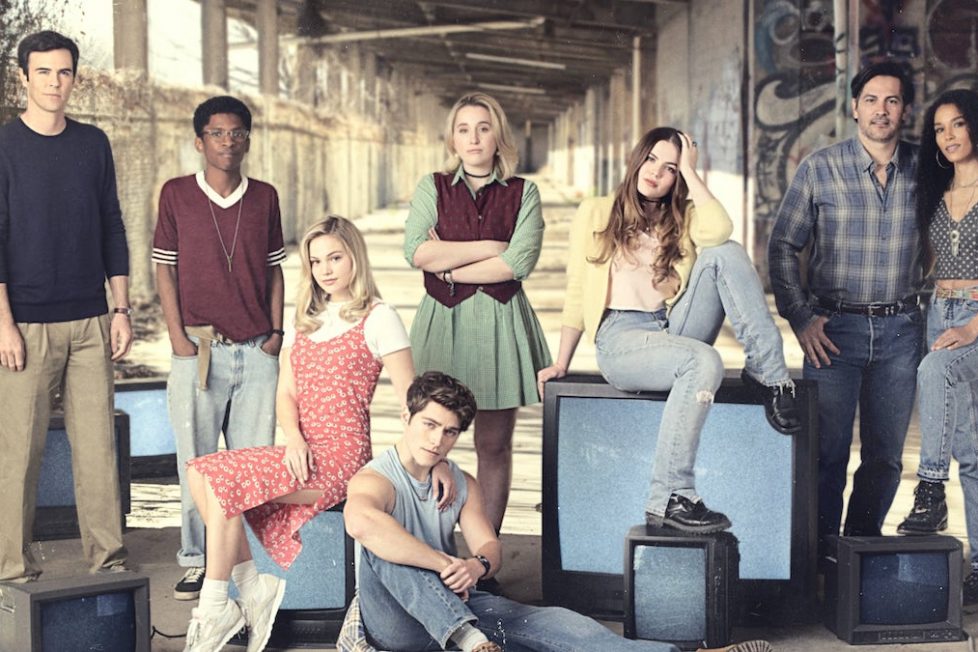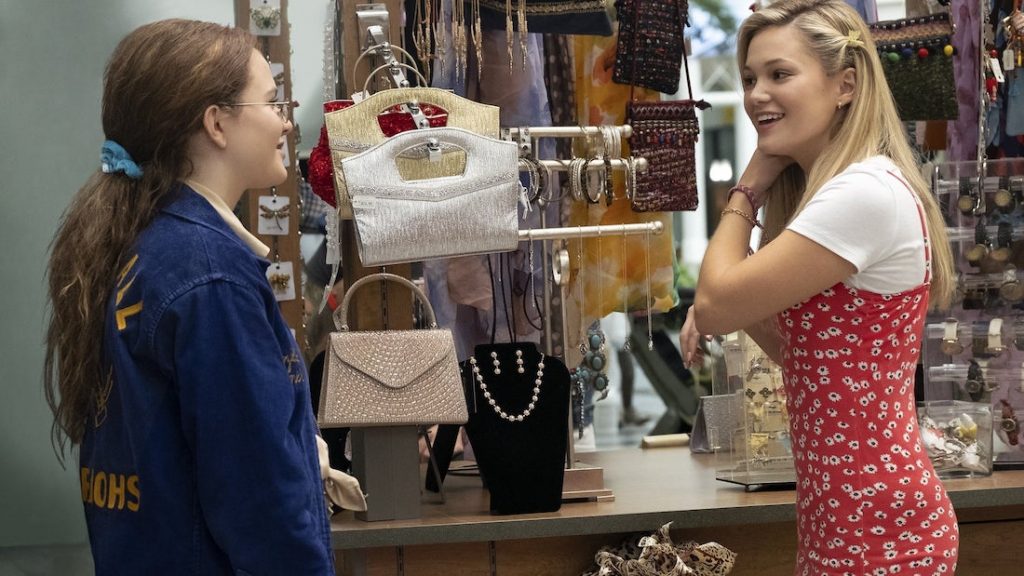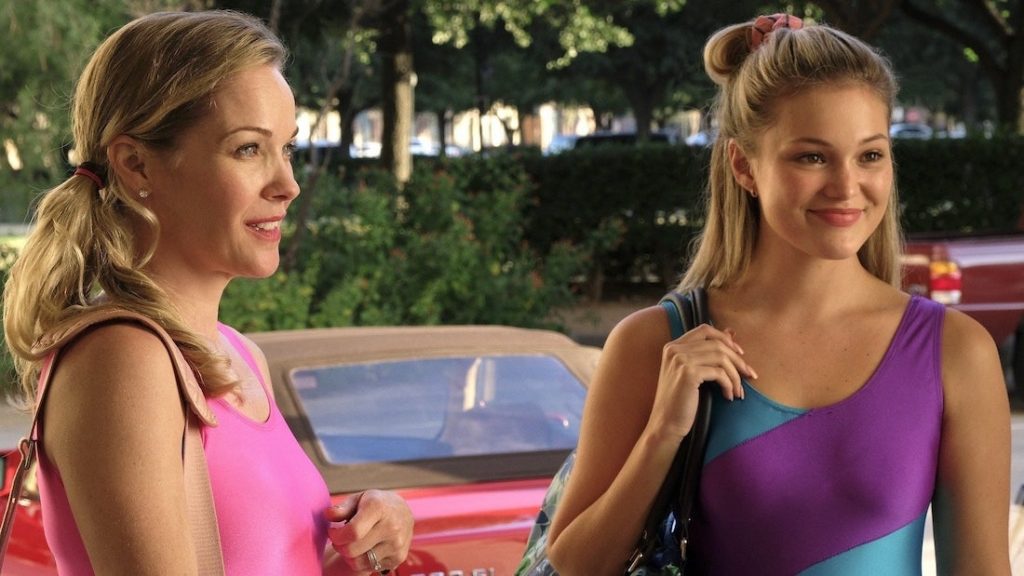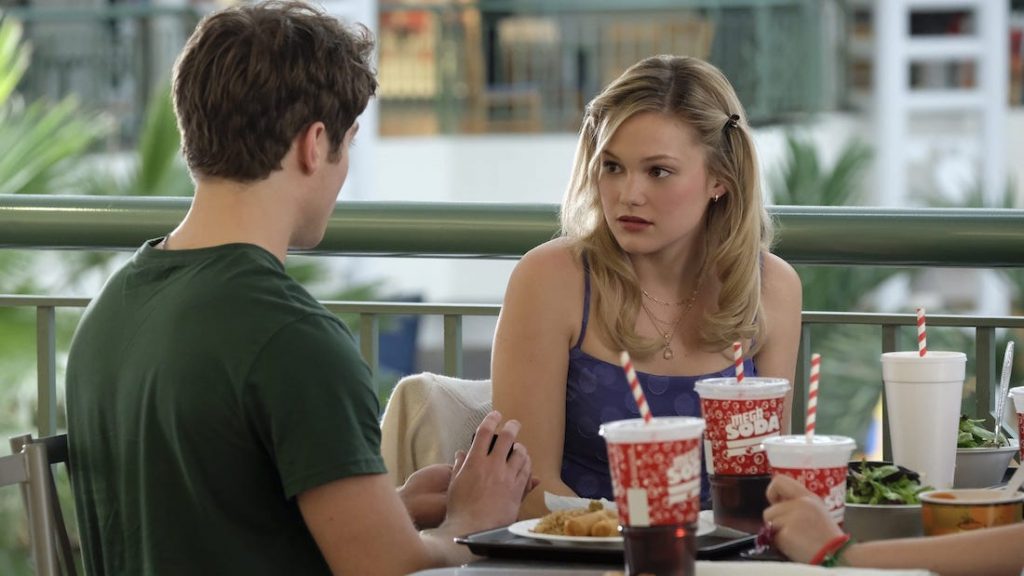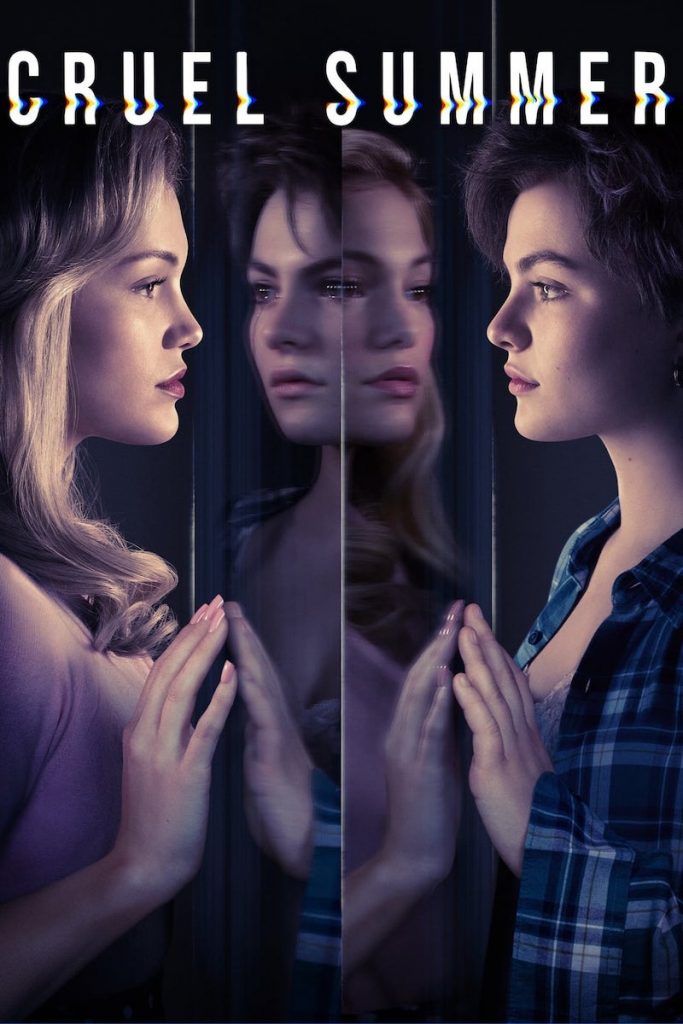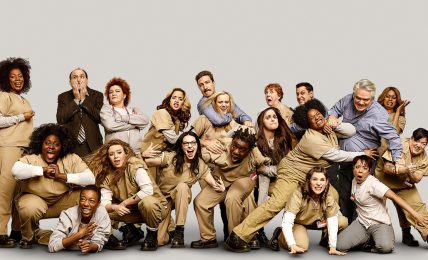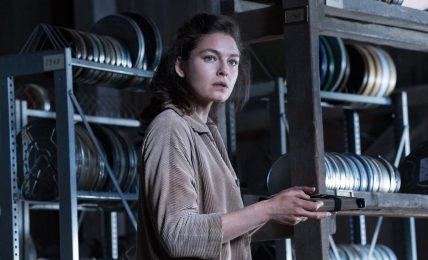CRUEL SUMMER – Season One
In a small Texas town, popular teen Kate is abducted. Seemingly unrelated, a girl named Jeanette goes from being a sweet, awkward outsider to the most popular girl in town, but by 1995 she's become the most-despised person in America.
